A Sydney father who claimed his daughter was left severely brain damaged from salmonella poisoning after eating a KFC ‘Twister’ has won a court battle against the fast-food chain.
The family of Monika Samaan brought a multimillion-dollar compensation bid against KFC in the NSW Supreme Court, claiming the then seven-year-old became ill after eating the chicken wrap in Sydney’s west in 2005.
KFC denied the claim but on Friday afternoon Justice Stephen Rothman found in favor of the family in the NSW Supreme Court.
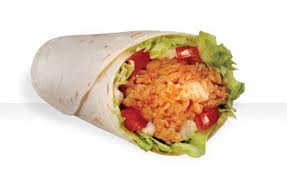 KFC has vowed to appeal the ruling.
KFC has vowed to appeal the ruling.
In a statement, the restaurant said the case was clearly tragic but they were "deeply disappointed and surprised" by Judge Rothman’s decision.
"We believe the evidence showed KFC did not cause this tragedy and, after reviewing the judgment and seeking further advice from our lawyers, we have decided to appeal Justice Rothman’s decision," KFC Australia’s chief corporate affairs officer Sally Glover said.
"We feel deeply for Monika and the Samaan family, however, we also have a responsibility to defend KFC’s reputation as a provider of safe, high-quality food."
During a four-week trial in 2010, Monika’s father Amanwial Samaan told the court he and his wife Hanna, son Abanou and Monika all fell ill with vomiting and diarrhea after sharing the Twister.
Monika, who was in a coma for six months and in hospital for seven, is effectively now a quadriplegic and severely brain damaged.
She took the NSW Supreme Court action through her father.
KFC’s lawyer, Ian Barker QC, argued there "never was a shared Twister" because there was no sales data to prove the family purchased it.
"You did not tell anyone at the hospital, when you were there between October 27 and 29, that you had shared a KFC Twister that Monday," Mr Barker said in the NSW Supreme Court in July 2010.
"Because there was no direct question at me," Mr Samaan replied.
He also accused Mr Samaan of thinking KFC "might be an easy target."
But the family’s barrister, Anthony Bartley SC, presented evidence about KFC food practices that were "disturbing and unsettling."
"If the store was particularly busy, then even if chicken dropped on the floor… it was on some occasions simply put back into the burger station from where it had fallen," he said.
He told the court Monika, who had been a bright girl, could now feed herself to a limited extent but wears a nappy and goes to a special school.
KFC said it would not comment further on the matter as it is now on appeal.
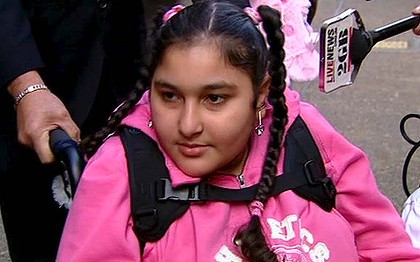 at Villawood, in Sydney’s west.
at Villawood, in Sydney’s west.
 KFC has vowed to appeal the ruling.
KFC has vowed to appeal the ruling. various offences relating to the sale of unpasteurised milk and unpasteurised dairy products.
various offences relating to the sale of unpasteurised milk and unpasteurised dairy products..jpg) Authority’s stringent food safety management programs, which includes pasteurisation."
Authority’s stringent food safety management programs, which includes pasteurisation."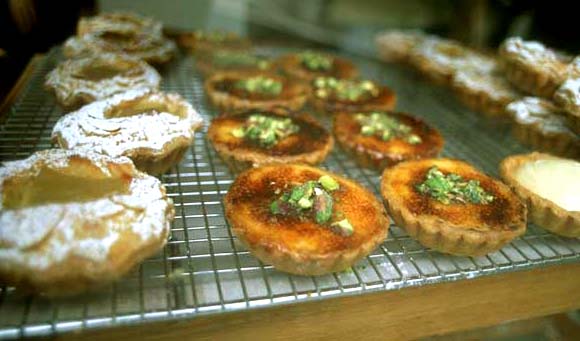 Twenty-two of those have been admitted to hospital for treatment.
Twenty-two of those have been admitted to hospital for treatment.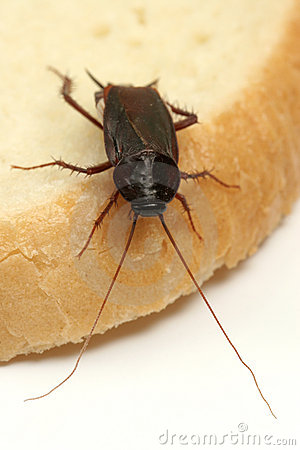 preparation areas including from chopping boards, bench tops and dish clothes as part of their routine inspections.
preparation areas including from chopping boards, bench tops and dish clothes as part of their routine inspections.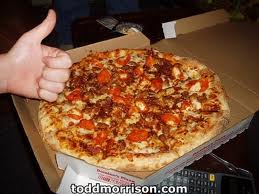 food poisoning.
food poisoning..jpg) Although NSW has established
Although NSW has established  temperature (that’s model Miranda Kerr, right, shopping at the store).
temperature (that’s model Miranda Kerr, right, shopping at the store). The New South Wales Food Authority
The New South Wales Food Authority